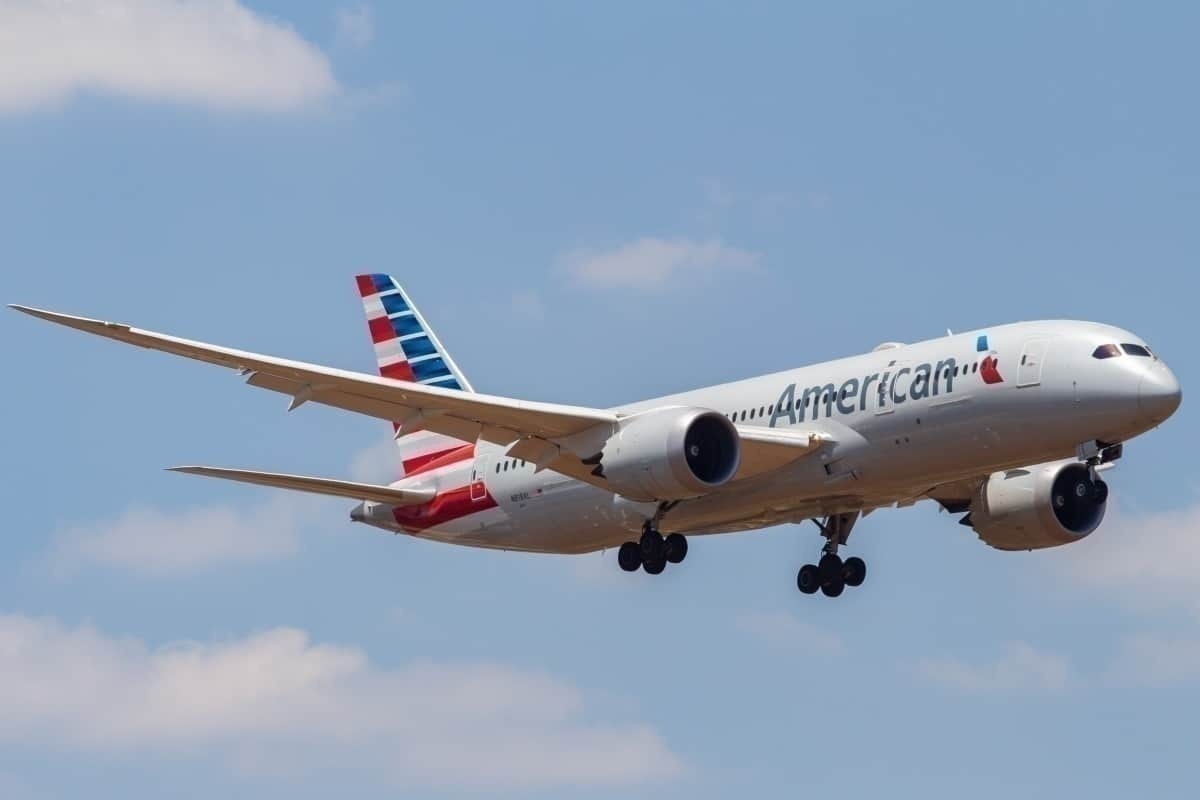There was a time when having a United States passport had countries greeting you with open arms! These days that has all changed with only a handful of counties now allowing entry to American citizens. The door has slammed shut across the planet to American visitors because of the United States failure to get a grip on the deadly coronavirus.

Currently, the Atlanta-based Centers for Disease Control and Prevention is reporting 3,546,278 confirmed cases with 139,162 deaths.
The U.S. only has itself to blame
Ever since the coronavirus spread to America, denial and dysfunction have plagued the U.S. government’s approach to the virus. Mostly based on political lines, each state’s governors must decide the path they want to take with regards to lockdowns and the wearing of face masks. Without a unified approach and a president eager to get the economy going again, you have a nation where the number of cases continues to grow.




Because of these alarming numbers, many nations worldwide who got the COVID-19 pandemic under control are fearful of allowing Americans in. For many of these countries, American tourism provided a significant boost to their economies, yet they are unwilling to take the risk of allowing Americans to visit.
COVID-19 is now dictating how Americans will vacation this summer with many planning short-distance car trips rather than international travel.
There are some countries still welcoming Americans
There are quite a few exciting options open that you might not have thought about for those who feel a strong urge to visit a foreign land. Of these places, Americans can visit, most of the Caribbean and Mexico, with Turkey and the Maldives also welcoming Americans.
The following counties are open to United States citizens:
- Albania
- Dominican Republic
- Kosovo
- Maldives
- Mexico
- North Macedonia
- Serbia
- Tunisia
- Turkey
The following counties are open to America citizens but with restrictions:
- Antigua and Barbuda: Negative COVID-19 test result within seven days
- Aruba: Negative COVID-19 test result within 72 hours for travelers from 24 U.S. states
- Bahamas: Negative COVID-19 test result within a week before travel
- Barbados: Negative COVID-19 test result within 72 hours
- Belize: Declaration of no COVID-19 symptoms 72 hours
- Bermuda: Negative COVID-19 test result within five days + $75
- Cambodia: Negative COVID-19 test result within 72 hours + $3,000 COVID-19 medical cost deposit
- Croatia: Negative COVID-19 test not older than 48 hours presented on arrival
- Ecuador: Mandatory 14 day quarantine and negative COVID-19 test result within seven days
- Egypt: Negative COVID-19 test result within 48 hours
- French Polynesia: Negative COVID-19 test result within 72 hours
- Jamaica: Travelers from New York, Florida, Arizona, and Texas must have a negative test result within ten days
- Rwanda: Arrival by private jet or charter only until August 1, then commercial flights will resume
- St. Barts: Negative COVID-19 test result within 72 hours
- St. Lucia: Negative COVID-19 test result within seven days
- St. Maarten: Opens August 1 — though subject to change
- St. Vincent and Grenadines: COVID-19 test on arrival with mandatory 24-hour quarantine while awaiting results
- Tanzania: COVID-19 tests on arrival are possible
- Turks and Caicos: Opens July 22 with restrictions
- Ukraine: Download app, test upon arrival, 24 hours self-isolation
- United Arab Emirates: Only Dubai is open, all other Emirates are closed
- United Kingdom: Self-isolate for 14 days
Think hard before traveling overseas
Anyone contemplating international travel needs to understand that it does not come without certain risks. Since the pandemic is ongoing, the situation could change at any time, and you may find yourself stuck with no way to get home. It is also worth noting that the Centers for Disease Control and Prevention advises against all nonessential international travel.




On March 31, the State Department advised U.S. citizens to avoid all international travel due to COVID-19, and the CDC’s latest guidance says, “travel increases your chances of getting and spreading COVID-19.”
If you still plan to travel internationally, we recommend that you first get in touch with the U.S. Embassy in the country you plan to visit before booking any tickets.



